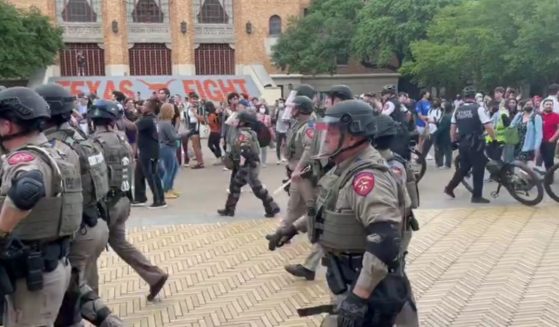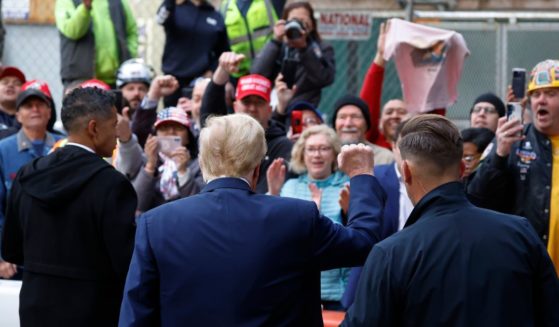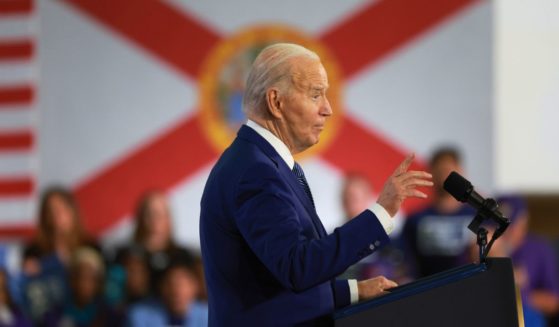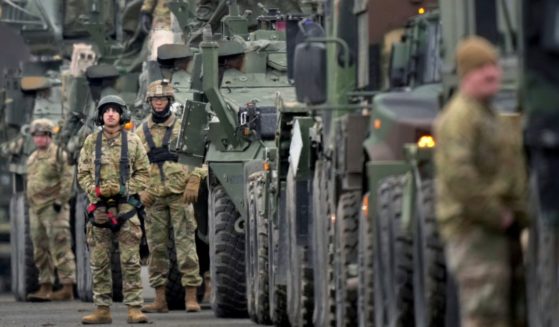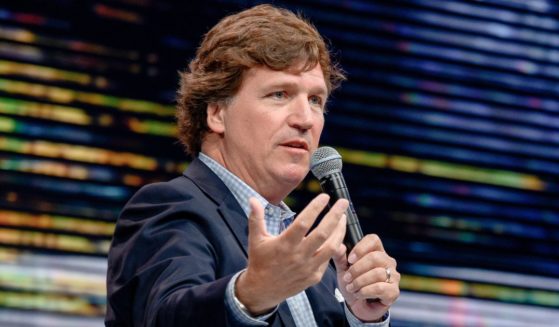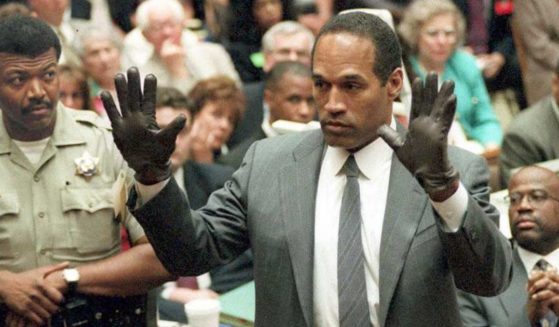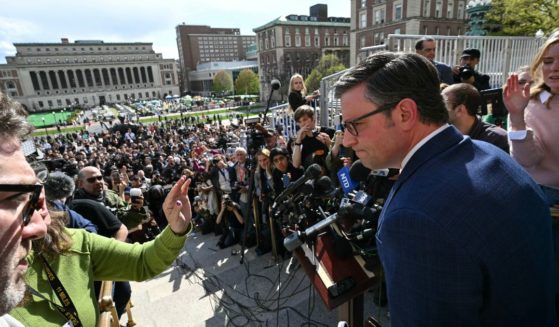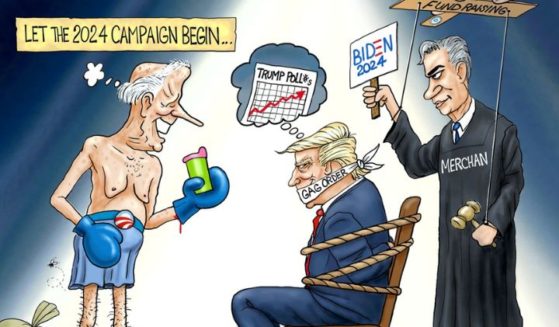Italy's Salvini backs EU train line opposed by govt partner
MILAN (AP) — Italian Deputy Premier Matteo Salvini said he supports a review of a high-speed railway project stalled by protests for decades but thinks the project should be completed despite opposition to it by his government coalition partner, the 5-Star Movement.
The TAV line — the Lyon-to-Turin section of a larger EU project connecting southern EU nations with eastern Europe — is proving to be another source of tension within the Italian government ahead of European Parliament elections in May that could rebalance power in the coalition.
Italy also risks another dispute with neighboring France, with which it has clashed recently over migration and the 5-Stars’ support for France’s anti-government yellow vests activists.
During a snowy visit to Chiomonte in Turin, where workers have been digging a tunnel for the high-speed train project, Salvini noted that 25 kilometers (15 miles) of tunnel have already been cleared.
“Turning back will cost us as much as going ahead,” he said, in reference to the penalties Italy would face from partners if it pulls out.
But a 5-Star spokesman in parliament, Francesco Silvestri, shot back that the train tunnel work had hardly been started.
“Salvini went to see the TAV construction site. But is it only a 5-meter hole that was necessary to study if the project is doable,” Silvestri said.
The Turin-Lyon Observatory, a government office, says 28.9 kilometers (18 miles) of a total of 162 kilometers (100 miles) of tunnel have been completed, 7 kilometers (4.4 miles) in Italy and the rest in France.
The tunnel, including two parallel tubes and connecting chambers, itself will be 57 kilometers (35.4 miles) long, making it a critical link in a wider EU project.
Italy’s new populist government suspended the rail line work in July for a study, but the project has been beset by many previous delays due to protests.
The 5-Star Movement has long opposed the project as too costly and initially as environmentally damaging. While the No-TAV movement has long been a fixture of the Italian protest scene, with violent clashes in 2005, entrepreneurs who are a big part of Salvini’s League party base have begun to push the necessity of the high-speed rail.
France also has an interest in completing the tunnel, which would serve both freight and passenger trains, reducing the travel time from Milan-to-Paris from seven hours to 4 1/2 hours.
The entire project has been budgeted at 8.6 billion euros ($9.9 billion), 2.9 billion euros ($3.3 billion) to be shouldered by Italy, 2.1 billion euros ($2.4 billion) by France and 3.3 billion euros ($3.8 billion) by the European Union.
“It obviously takes two to make this Franco-Italian tunnel,” French Transport Minister Elisabeth Borne said Friday during a visit to the French side of the tunnel.
“It’s at the heart of an international treaty. Both countries have made strong commitments. There’s important European funding. I’m confident that, together, we will find a way to complete this project,” she said.
The Western Journal has not reviewed this Associated Press story prior to publication. Therefore, it may contain editorial bias or may in some other way not meet our normal editorial standards. It is provided to our readers as a service from The Western Journal.
Truth and Accuracy
We are committed to truth and accuracy in all of our journalism. Read our editorial standards.

